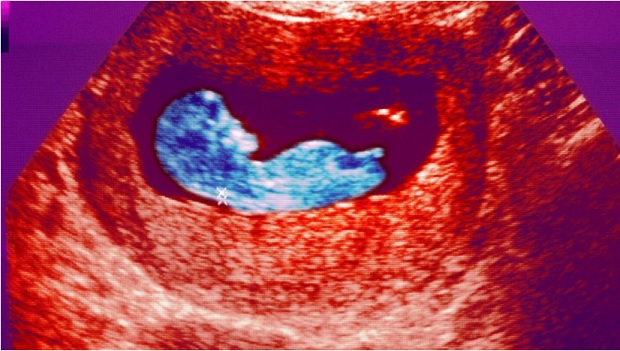
The race to develop vaccines and treatments for COVID-19 has newly highlighted a longstanding dilemma for religious conservatives: much of the cutting-edge research relies on the use of material derived from human fetal tissue -- something they have spent years fighting against.
In interviews with ABC News this week, leaders in the Catholic Church and other anti-abortion advocates say they aren't ready to dismiss the latest scientific discoveries that could save countless lives. But they also are quick to note that much of the new findings could be what they consider ethically "tainted."
"There's a lot of concern and interest in this issue -- what's the vaccine going to look like? What kind of moral choices are we going to have before us?" said Greg Schleppenbach, the associate director of Secretariat of Pro-Life Activities with the U.S. Conference of Catholic Bishops.
At issue is the use of cells derived from human fetal tissue to discover, develop and test medical innovation -- something scientists agree is often necessary in the most groundbreaking medical advances.
Recent polling reveals a split amongst Americans: roughly 6 in 10 adults say abortion should be legal in all or most cases, while 38% say it should be illegal in all or most cases.
During his political career, President Donald Trump has assumed a staunchly anti-abortion stance. In 2019, his administration suspended federal funding for research reliant on new fetal tissue cells derived from an elective abortion, while allowing for previously established cell lines. Fetal tissue from miscarriages are permitted under this statute, although many scientists say it's difficult to use because there are often abnormalities and other issues.

